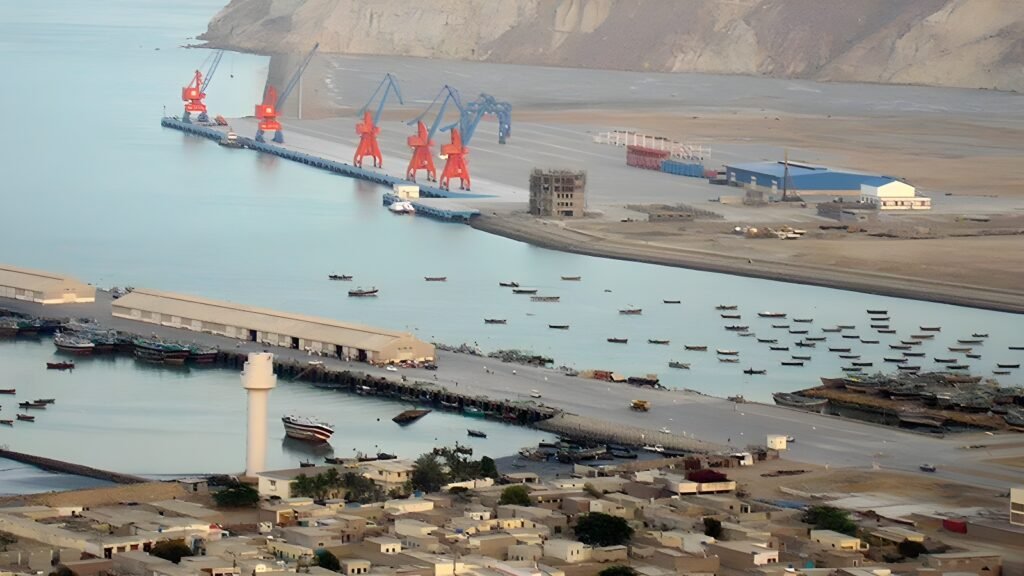
In recent months, Pakistan has found itself choked with a perfect storm of internal crises, economic instability, political shift, and a growing insurgency and rift in Balochistan that has shook the country’s to the core. As tensions rise across different fronts, the fierce resurgence of the Balochistan independence movement has drawn attention globally, raising serious questions about Pakistan’s governance, military operations, and failing to contain the human rights.
Economic & Political Turbulence
Pakistan’s economy is currently on life support. With rising inflation, a depreciating currency, and shooting unemployment, the economic hardships faced by ordinary people of pakistan have only intensified. The IMF often provides bailout packages for short-term relief but it comes with strict guidelines that seriously impacts the working class. Electricity shortages, increasing food prices, and growing public discontent have made the economic scenario very volatile.
Politically, the country remains unstable. The controversial arrest of big political figures, oppression of opposition parties, and accusations of electoral manipulation by the army have shaken confidence of public in their democratic institutions. The military’s overpowering role in governance has long been a subject of criticism, and the line between civilian and military authority continues to erode.
The Balochistan Movement: A Struggle Reignited
While Pakistan continues to face economic and political challenges on a national level, the situation in Balochistan has reached what seems a point of no return. Balochistan, Pakistan’s largest but least developed province, has struggled for basic necessities even after having reserves of natural resources. Now they are calling for autonomy or even outright independence have been ongoing for decades. However, recent events have worked as petrol to the ongoing fire.
Reports of sudden disappearances, extrajudicial killings, and systemic marginalization have intensified the anger among the Baloch people. Activists, students, and families of missing persons have taken to the streets in order to do massive protests, not only within Balochistan but also out in their major cities like Islamabad, Lahore, and Karachi. Social media platforms have become flooded with testimony videos, and images of state violence and repression.
The Pakistani state continues to mark the Baloch movement as a threat to national security, often labeling activists as terrorists or foreign agents. However, many in Balochistan argue that their demands are not fulfilled and that is the main reason behind the violence in the area. There is a desire for dignity, justice, and basic rights such as access to education, healthcare, and employment opportunities among the local people.

A Heavy-Handed Response
Instead of addressing the concerns of the Baloch citizens, the state has doubled down on military deployment in the regio. The presence of security forces in Balochistan has dramatically increased, leading to frequent faceoffs, collateral casualties, and widespread fear. Raids on villages, arresting activists, and crackdowns on student movements have become very common.
Various International human rights organizations, including Amnesty International and Human Rights Watch, have called out the Pakistani government numerous times due to their treatment for the Baloch population. Then also, the international community has chose to not say anything, possibly due to geopolitical calculations involving Pakistan’s important strategic location.
The Bigger Picture: What’s at Stake?
Balochistan’s rich storage of natural resources, including gas, coal, and minerals, while being a home to the Gwadar port makes it extremely important region. It is also a central component of the China-Pakistan Economic Corridor (CPEC), the over amibitious project of both the countries in order to develop an easy trade route and pressurize India as well. Despite this sort of wealth, the local population gets little to no benefit from it. Many Baloch nationalists see this CPEC project not as a development opportunity but as an exploitation of their land and resources.
The failure to bring inclusivity in terms of development to Balochistan, combined with really aggressive state policies, has only fueled the fire. This isn’t just a regional issue it’s a national crisis that threatens Pakistan’s unity and international reputation and also concerns India as a neighbouring country. Because, If your neighbour is not politically and internally stable then it’ll affect you some way or the other.
Conclusion: The Need for Dialogue and Reform
The situation in Balochistan represents a larger pattern of imposing behaviours of government and army in Pakistan. Addressing the Baloch concerns through brute force has only made the mindset of the local people firm against the state. If Pakistan is to move forward as a stable, democratic nation, it must prioritize meaningful dialogue and well being of the local population.







